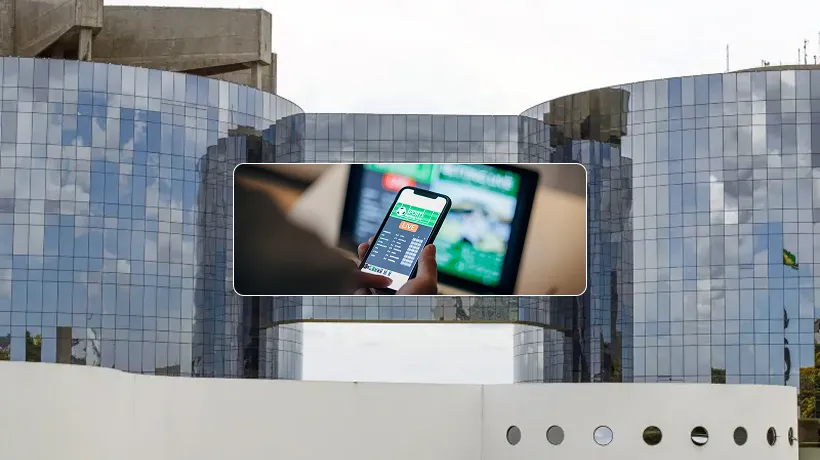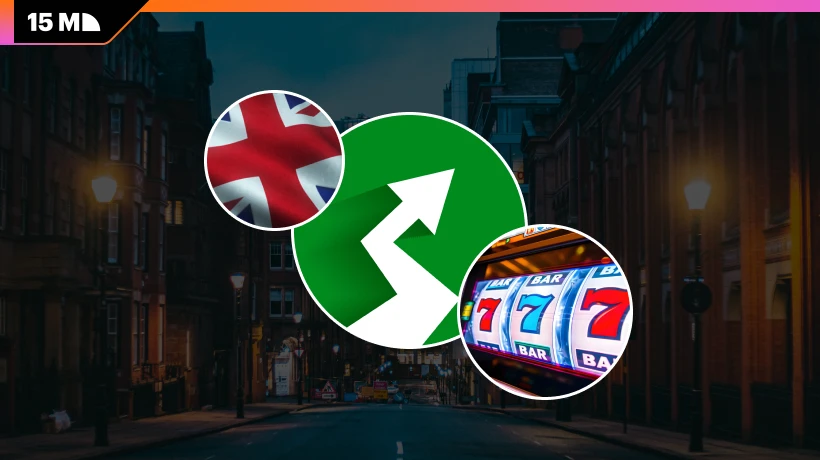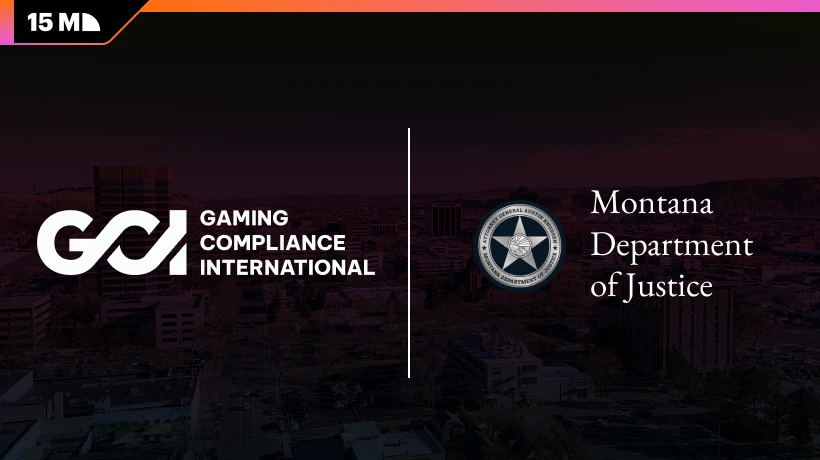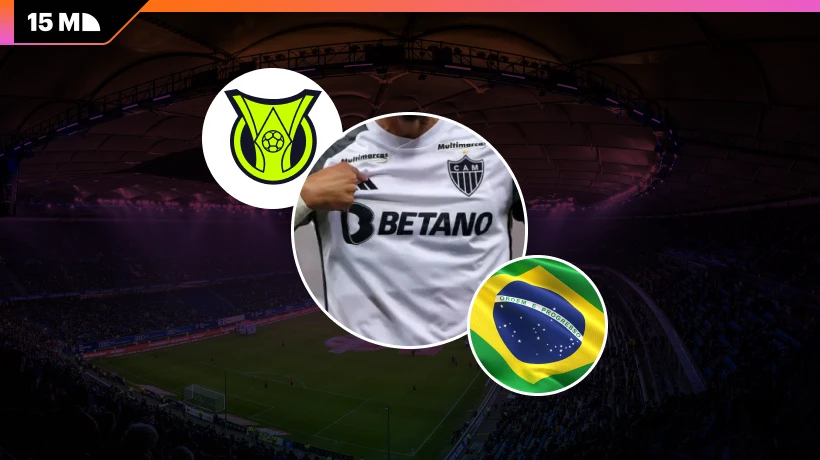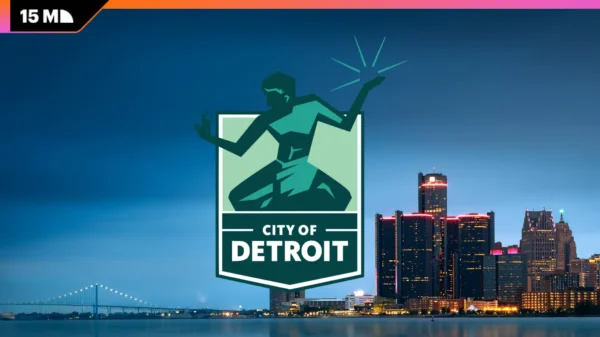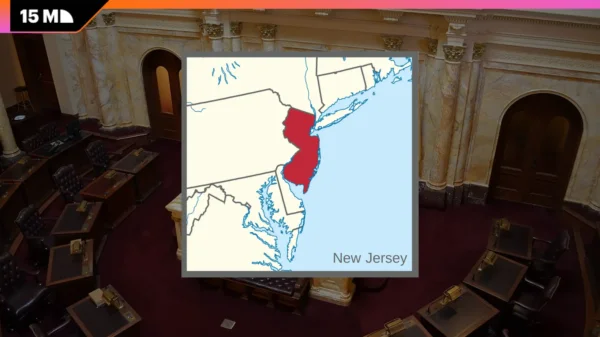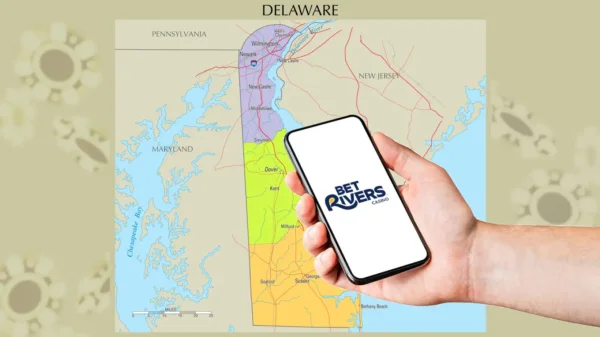Brazil’s Federal Public Ministry opened an inquiry last week. The MPF is investigating why the country still doesn’t have a unified self-exclusion system for betting sites.
The system was supposed to use CPF numbers – Brazil’s national ID system. Players struggling with gambling problems could block themselves across all licensed operators at once. But it doesn’t exist yet.
The Government promised this protection during regulatory debates. Months after the new betting framework went live, there’s still no national database. No coordinated policy either. Licensed operators continue without this basic safety measure.
Why This Absence Matters for Problem Gamblers
The missing system leaves vulnerable people exposed. Gambling addiction has hit low-income Brazilians particularly hard. Recent reports show welfare recipients spending significant portions of benefits on betting platforms.
Without a unified block, problem gamblers can’t effectively exclude themselves. They’d need to contact each operator separately. That’s dozens of individual requests for someone already struggling with impulse control.
Public health advocates have raised alarms. So have some regulators. The inquiry reflects growing frustration with the implementation gaps.
What Actions Government Has Taken
The Ministry of Finance did extend one deadline recently. Operators got an extra 30 days to block welfare programme beneficiaries from their platforms. A normative instruction made this official.
The Lula administration keeps saying it wants responsible gaming. Protection of vulnerable players remains a stated priority. But enforcement keeps getting delayed.
And there’s a disconnect. The Government’s also pursuing aggressive fiscal measures. There’s a proposal to raise operator taxes from 12% to 18% of gross revenue. That’s a 50% increase in the tax rate.
How This Affects Industry and Policy
Minister Guilherme Boulos is pushing for additional taxation too. He told operators that “Brazil belongs to Brazilians and there will be no amnesty.” That’s a direct warning about future enforcement.
The inquiry puts real pressure on regulators. They need to deliver promised protections. Or explain publicly why they haven’t.
Operators face mounting uncertainty. The tax proposals could significantly cut margins. They’re still waiting for clear guidance on self-exclusion requirements, and they’ve got 30 days to implement welfare blocking systems.
The disconnect is striking. Brazil created a regulated market partly to protect players. Key protection tools remain unbuilt months later. The inquiry might finally force action on the self-exclusion database that was promised from the start.
